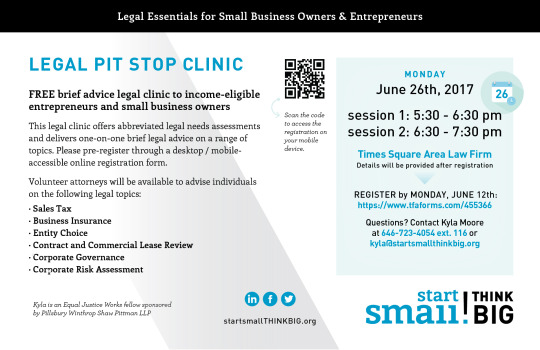For Immediate Release
June 12, 2017
Contact: Brett Schuster, Communications Manager, bschuster@napaba.org, 202-775-9555
WASHINGTON — The National Asian Pacific American Bar Association (NAPABA) applauds the U.S. Court of Appeals for the Ninth Circuit’s per curiam ruling
maintaining a lower court’s block on President Trump’s March 6, 2017,
revised executive order barring individuals from six Muslim-majority
countries and refugees from entering the United States.
In
March 2017, U.S. District Court Judge Derrick K. Watson of the District
of Hawaii issued a preliminary injunction on the travel restrictions in
this lawsuit, State of Hawaii v. Trump, which was brought by the state and individuals impacted by the executive order.
Today’s
unanimous Ninth Circuit opinion affirmed the plaintiffs’ right to
challenge the executive order and upheld their statutory claims under
the Immigration and Nationality Act (INA). The court agreed with the
plaintiffs’ assertion that the President’s broad authority on the entry
of foreign individuals has constraints, and that the executive order
exceeds the scope of the authority delegated to the President by
Congress under the INA, including the statute’s prohibition against
nationality-based discrimination.
On April 21, NAPABA filed an amicus brief
in support of the plaintiffs, supported by 43 NAPABA affiliates, after
joining this first challenge to the revised executive order with an
amicus brief filed in the district court. NAPABA’s briefs describe the
history of the statutory exclusion of Asians and Pacific Islanders under
early U.S. immigration law — including the first federal law to ban a
group of people from entering the country on the basis of race — prior
to the passage of the INA of 1965, which outlawed nationality-based
discrimination. NAPABA argued that President Trump’s revised order, with
its anti-Muslim underpinnings, violates this unambiguous prohibition on
discrimination established by Congress.
NAPABA
awaits the decision on the government’s petitions to the Supreme Court
in both this case and the parallel case from the U.S. Court of Appeals
for the Fourth Circuit, International Refugee Assistance Project v. Trump, and will continue to work to ensure the executive order is permanently struck down by the courts.
Read NAPABA’s amicus briefs in the Fourth and Ninth Circuits and before the district court here.
Read the March 6, 2017, statement of NAPABA and the South Asian Bar Association – North America, joined by 14 affiliates, against the revised executive order.
The
National Asian Pacific American Bar Association (NAPABA) is the
national association of Asian Pacific American attorneys, judges, law
professors, and law students. NAPABA represents the interests of almost
50,000 attorneys and approximately 75 national, state, and local Asian
Pacific American bar associations. Its members include solo
practitioners, large firm lawyers, corporate counsel, legal services and
non-profit attorneys, and lawyers serving at all levels of government.
NAPABA
continues to be a leader in addressing civil rights issues confronting
Asian Pacific American communities. Through its national network of
committees and affiliates, NAPABA provides a strong voice for increased
diversity of the federal and state judiciaries, advocates for equal
opportunity in the workplace, works to eliminate hate crimes and
anti-immigrant sentiment, and promotes the professional development of
people of color in the legal profession.


